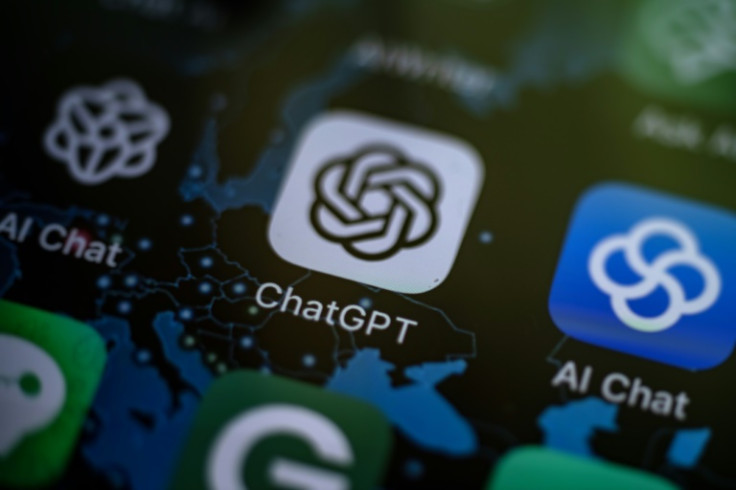AI Chatbots Transform Education and Work Support for Over Half of UK's Youth
Beyond academics, AI chatbots like ChatGPT, Google Bard and Hugging Chat are also making waves in the professional sphere.

In a digital age dominated by technological advancements, a groundbreaking trend has emerged among the youth of the United Kingdom.
A recent study has revealed that over half of young people in the UK are turning to Artificial Intelligence (AI) chatbots for assistance with their schoolwork and professional endeavours.
According to the most recent Digital Youth Index by Nominet, conducted in collaboration with Opinum, there has been a seven per cent increase compared to last year in the exposure of young people to various online content.
The Nominet Digital Youth Index is a yearly benchmarking survey encompassing more than 4,000 individuals aged eight to 25 in the United Kingdom.
Nominet is a public benefit company responsible for operating and safeguarding the UK internet infrastructure and directs its profits towards initiatives that foster digital inclusion.
The survey revealed a notable uptick in encounters with fake news and hate speech, both registering a four per cent increase. Additionally, there has been a six per cent rise in exposure to sexual content among the surveyed demographic.
It also showed that a significant majority, comprising 69 per cent of young individuals, have encountered online bullying and harassment, or have been exposed to harmful content on the internet.
As the youth spends more time online, there has also been an observed increase in the utilisation of AI chatbots in education. This is attributed to their accessibility, efficiency and adaptability.
These virtual assistants are designed to provide instant help and resources, covering a wide range of subjects from mathematics to language arts.
Students appreciate the convenience of having a 24/7 study companion that can answer queries, offer explanations and even provide practice exercises.
Paul Fletcher, the chief executive of Nominet said: "While society at large grapples with artificial intelligence at all levels, it's encouraging to see young people embracing technology so quickly and using it in their daily lives. We must continue to encourage this inquisitive nature from the next generation – and despite their adoption of AI, many still have concerns about the potential impact on their future.
"When it comes to online safety, it looks like young Brits are growing in confidence, but the rise in exposure to upsetting content highlights that tackling online harm remains important to young people."
Beyond academics, AI chatbots like ChatGPT, Google Bard and Hugging Chat are also making waves in the professional sphere. Many young professionals are turning to these digital assistants for career advice, resume building and interview preparation.
The adaptability of AI allows these chatbots to cater to individual needs, offering personalised guidance based on the user's goals and aspirations.
Despite the evident benefits, the adoption of AI chatbots has sparked discussions about potential drawbacks, including concerns about overreliance on technology and its impact on traditional modes of learning and mentorship.
However, proponents argue that these digital tools complement rather than replace human interaction, providing additional resources and support.
Educational institutions and companies are taking note of this trend and are increasingly incorporating AI technologies into their systems. The goal is to enhance the learning and working experience, preparing young individuals for a future where technology plays a pivotal role.
The survey findings indicate that approximately 14 per cent of young individuals face a lack of access to a laptop or desktop computer. Furthermore, 15 per cent reported a lack of broadband access at home and 11 per cent stated that they had to alter or cancel their internet package this year due to the ongoing cost-of-living crisis.
"Our data shows us the reality that despite young people's lives and their education system going online, a concerning 14 per cent of two million of them still don't have access to a laptop or desktop computer, and this has the potential to significantly disadvantage those that would benefit the most," Mr Fletcher continued.
As the use of AI chatbots like ChatGPT continues to grow among the youth in the UK, it raises questions about the future of education and professional development.
Will traditional methods be overshadowed by digital alternatives, or will the two coexist in a harmonious balance?
Only time will tell as the technological landscape evolves, reshaping the way the younger generation learns and works.
© Copyright IBTimes 2025. All rights reserved.






















